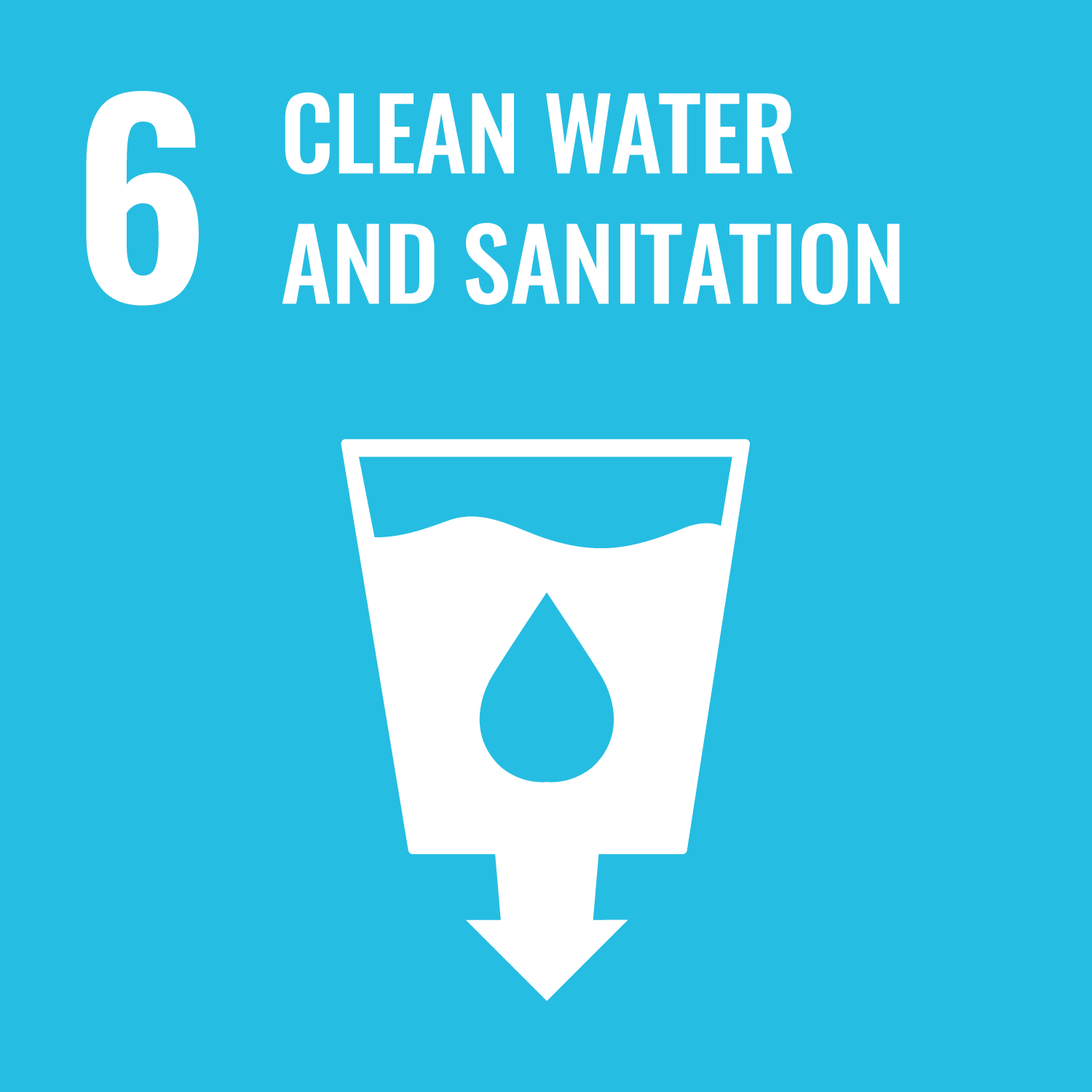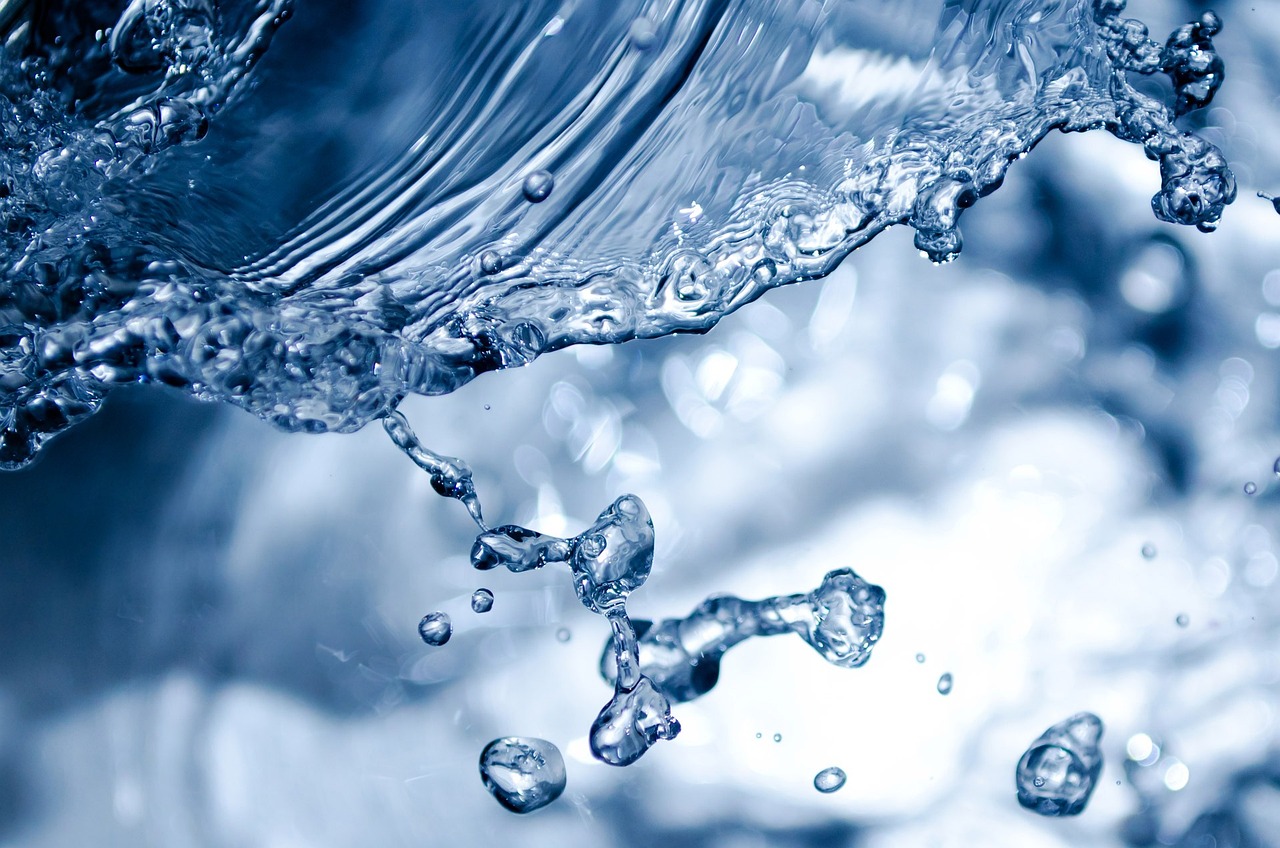Living in the Global North, access to fresh clean water is likely to be something taken for granted. World Water Day offers an opportunity to acknowledge, celebrate, and raise awareness of the importance of fresh clean water for all.
The theme of this year’s World Water Day is Accelerating Change. It’s all about making small changes in our own lives.
We have a long way to go before we achieve the UN’s Sustainable Development Goal of ensuring availability and sustainable management of water and sanitation for all by 2030 (SDG6).
Water-based ecosystems are deteriorating as a consequence of human behaviour, with 85% of the planet’s wetlands now lost.
And more than 700 million people live in countries with critical levels of water stress.
In order to meet the UN’s Sustainability Development Goal by 2030, progress needs to increase in pace by 400%.
If not, by 2030, over one and a half billion people will lack access to safe drinking water and nearly 3 billion will lack access to sanitation.
To pick up the pace, everyone needs to take action to address the water and sanitation crisis. With changes to the way we use and consume water, we can all make a difference and help accelerate change.

What can we do?
The UN has created The Lazy Person’s Guide to Saving Water, which outlines a number of actions you can take to help protect water.
These include small things like
- turning off tech devices when they’re not being used, even when they are in sleep mode, to save on water-intensive power
- writing to your elected representatives about protecting wetlands and improving water quality
- using social media to spread the word about #WorldWaterDay
- shopping sustainably, since fast fashion uses 79 trillion litres of water a year
- limiting showers to 5 minutes
- refraining from putting food waste, oils, medicines and chemicals down toilets or drains
- avoid throwing away edible food as reducing food waste reduces agricultural water consumption
- protecting nature
- eating plant-based foods, as their production uses less water than meat and dairy based products
- not letting the tap run while brushing your teeth or doing dishes
- buying and eating local and seasonal foods as these will use less water
It’s easy to think that, as one person, our choices – and the changes we make – won’t make a difference.
But, when it comes to sustainability, it’s important to understand that all of us are part of a larger system. The UN’s Sustainable Development Goals are designed to be a ‘shared blueprint for peace and prosperity for people and the planet’. That means that while we need governments and large corporations and institutions to be making large-scale changes, we also need individuals to be making small-scale changes – and influencing others to do so too.
We can all have an impact. Change starts with us. Every human on earth is part of the solution.

